Exam practice
GCSE Combined Science: exam-style quiz by topic
Try this quiz based on GCSE Combined Science past papers. Choose the topic you would like to revise and answer the questions.
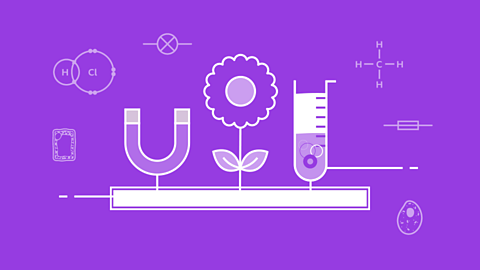
GCSE Combined Science: exam-style questions
Free online OCR Gateway foundation/higher science tests based on past papers to increase your understanding of biology, chemistry and physics GCSE exams.

GCSE Combined Science: quick-fire questions
Free interactive quiz questions based on OCR Gateway GCSE combined science past papers to help you prepare for your biology, chemistry and physics GCSE exams.

Quizzes
Quiz: Photosynthesis activity 1
This interactive quiz is suitable for GCSE combined science students studying factors affecting photosynthesis and interpreting photosynthesis test results.
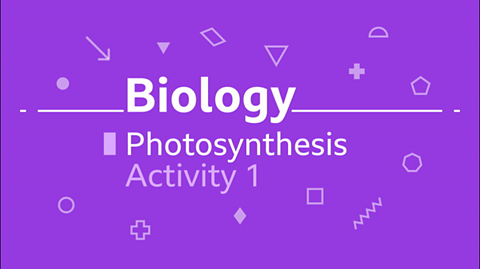
Quiz: Photosynthesis activity 2 (higher)
This interactive quiz is suitable for GCSE combined science students studying interpreting photosynthesis test results, and distance and light intensity.
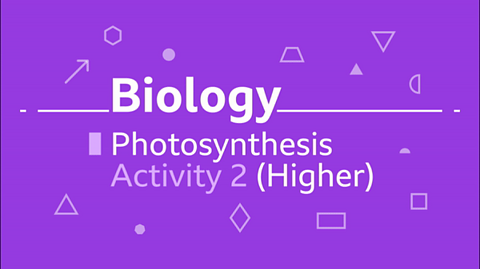
Quiz: Respiration activity 1
This interactive quiz is suitable for GCSE combined science students studying cellular respiration, aerobic and anaerobic respiration, oxygen debt, and metabolism.
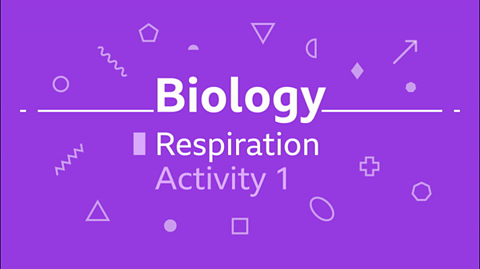
Quiz: Respiration activity 2
This interactive quiz is suitable for GCSE combined science students studying cellular respiration, aerobic and anaerobic respiration, oxygen debt, and metabolism.
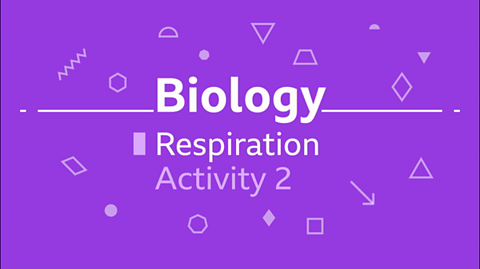
Quiz: Calculations in chemistry (Higher)
This interactive quiz is suitable for GCSE combined science students studying the mole, calculating concentrations, limiting reactants, and mole calculations.
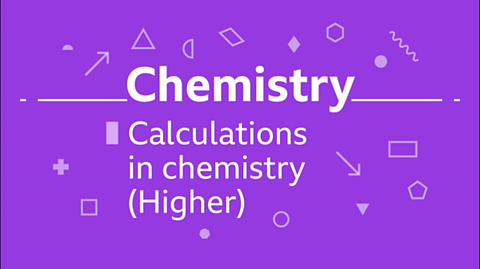
Quiz: Magnetic fields
This interactive quiz is suitable for GCSE combined science students studying poles of a magnet, induced and permanent magnetism, and detecting and drawing magnetic fields.

Podcasts
Atomic structure and the periodic table
Learn about atomic structure and the periodic table for your GCSE chemistry exam, with Dr Sunayana Bhargava and Tulela Pea.
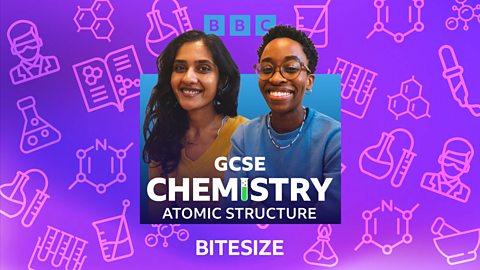
Bonding, structure and properties
Learn about bonding, structure and properties of matter for your GCSE chemistry exam, with Dr Sunayana Bhargava and Tulela Pea.
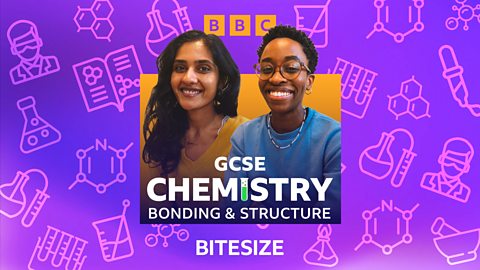
Chemical changes
Dr Sunayana Bhargava and Tulela Pea take you through what you need to know about chemical changes for your GCSE chemistry exam.
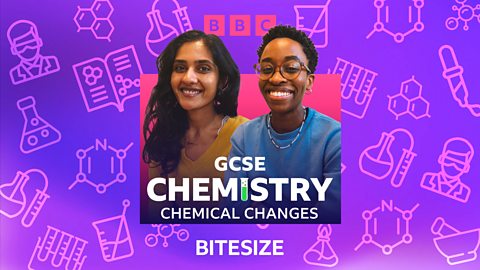
Forces
Learn all about forces for your GCSE physics exams, with scientists James Stewart and Ellie Hurer.
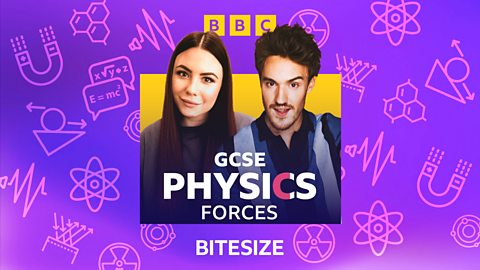
Electricity
Scientists James Stewart and Ellie Hurer guide you through the key facts about electricity for GCSE physics.
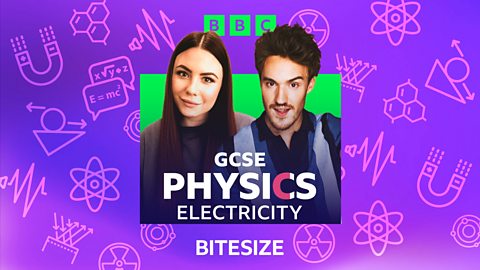
Energy
Learn all about energy for your GCSE physics exam, with Ellie Hurer and James Stewart.
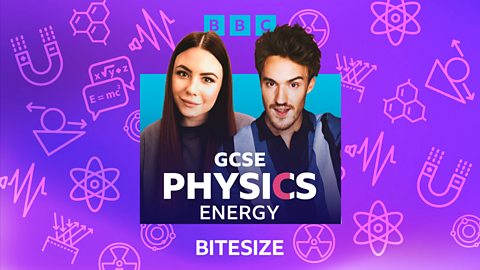
The Cell
All living things are made of cells, which is why theyâre called the building blocks of life.
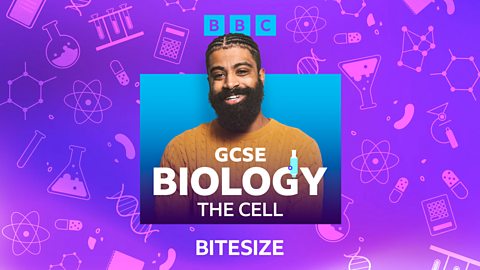
The organisation of plants and animals
Learn all about plant and animal organisation with Dr Alex Lathbridge.
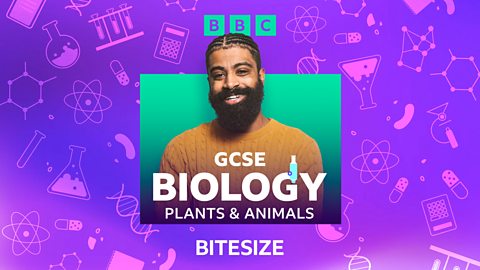
Infection and response
Learn all about infection and response for your GCSE biology exam with Dr Alex Lathbridge.
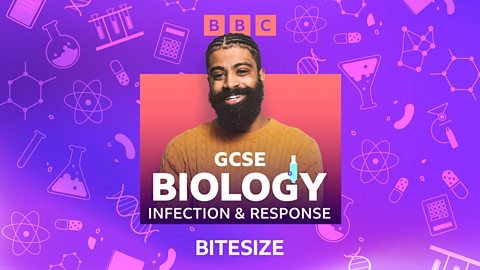
91ČČąŽostasis
Learn all about homeostasis for your GCSE Biology exam with Dr Alex Lathbridge.
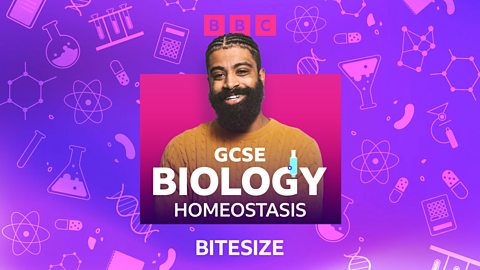
Inheritance, variation and evolution
Learn all about inheritance, variation and evolution for your GCSE Biology exam with Dr Alex Lathbridge.
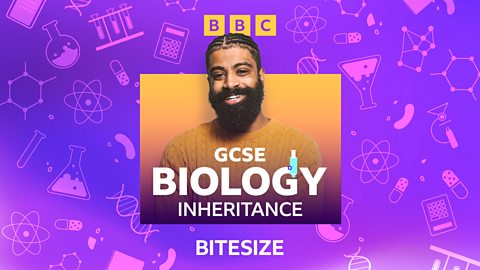
Ecology
Learn all about ecology for your GCSE Biology exam with Dr Alex Lathbridge.
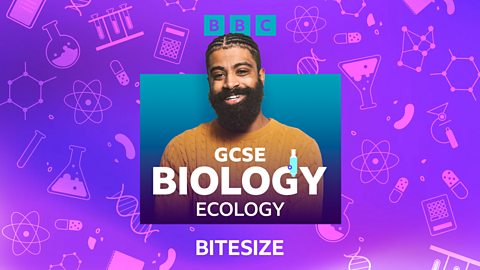
Science exam techniques
Learn all about science exam techniques for your GCSE science exams with Dr Alex Lathbridge.
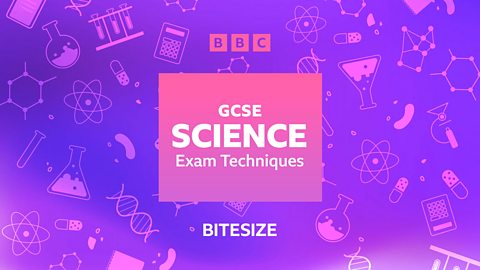
Biology (Combined Science)
- Guide Number4 Guides
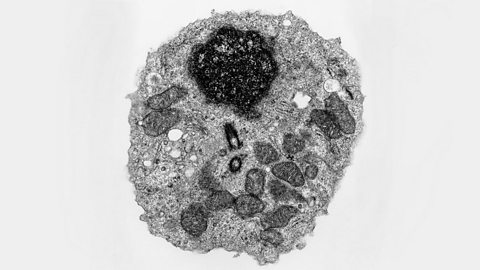
- Guide Number4 Guides

- Guide Number3 Guides
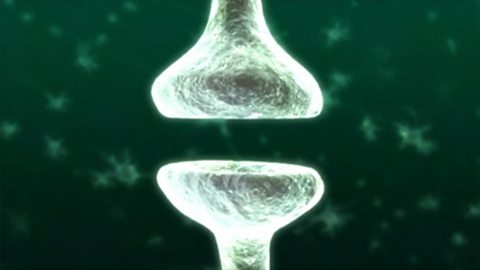
- Guide Number2 Guides

- Guide Number2 Guides
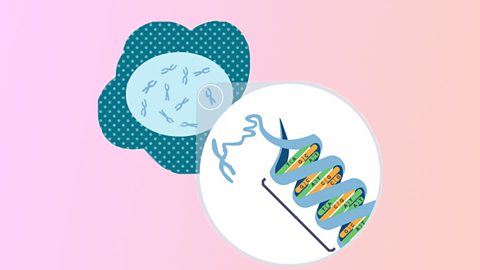
- Guide Number7 Guides
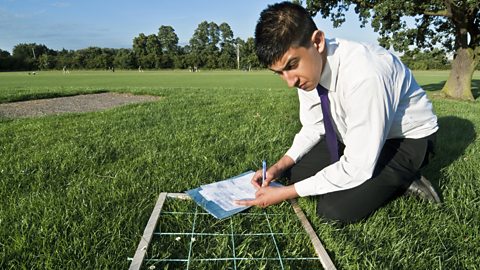
Practical skills
Scientific investigations have several stages - planning, collecting data, analysing data and evaluation. It is important to understand how to carry out each stage of the investigation.
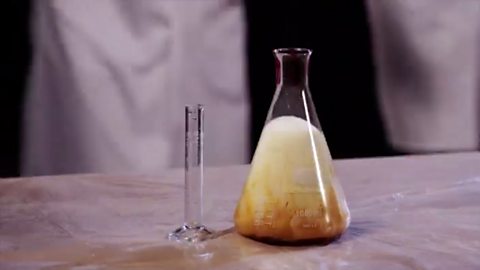
Chemistry (Combined Science)
- Guide Number2 Guides
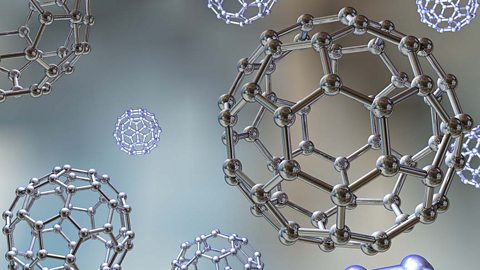
- Guide Number4 Guides
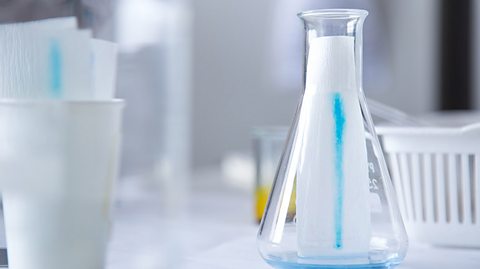
- Guide Number5 Guides

- Guide Number2 Guides

- Guide Number3 Guides

Improving processes and products - OCR Gateway
Most metals are extracted from ores. Iron and aluminium are extracted in different ways because they differ in reactivity. Life-cycle assessments analyse the environmental impact of products.
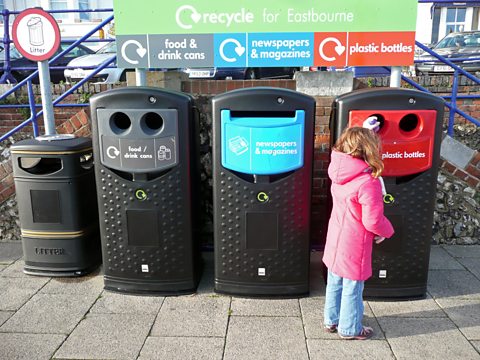
Fuels - OCR Gateway
Crude oil is a finite resource. Petrol and other fuels are produced from it by fractional distillation. These fuels are non-renewable resources. Cracking helps match supply of fractions with demand.
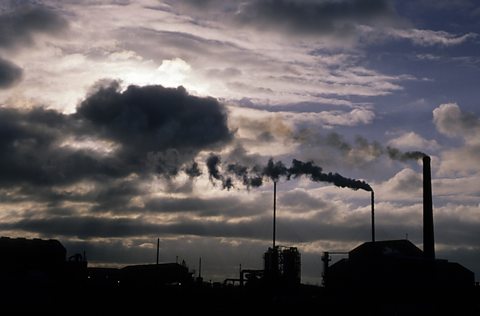
The atmosphere - OCR Gateway
Earthâs early atmosphere probably had less oxygen than now, but more carbon dioxide and water. Increases in greenhouse gases are leading to climate change.
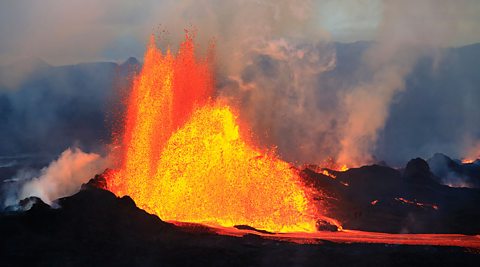
Practical skills for carrying out a scientific investigation
Scientific investigations have several stages - planning, collecting data, analysing data and evaluation. It is important to understand how to carry out each stage of the investigation.

Physics (Combined Science)
- Guide Number3 Guides
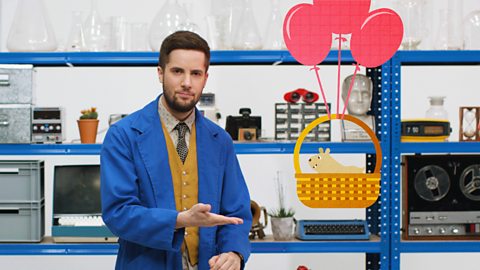
- Guide Number6 Guides
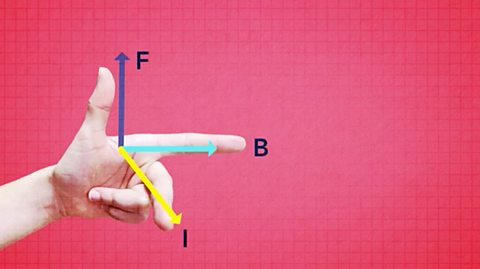
- Guide Number3 Guides

- Guide Number2 Guides
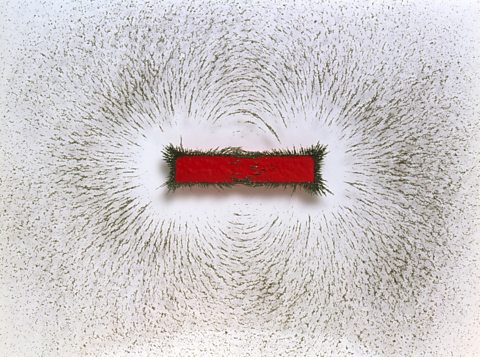
- Guide Number2 Guides

Radioactive emissions - OCR Gateway
Unstable atomic nuclei emit radiation. Each type of radiation has different properties and interacts with matter in varying ways. Radioactive decay is random but can be measured. People are exposed to sources of radiation in all aspects of everyday life. Radioactive sources can be very useful but need handling carefully to ensure safety.
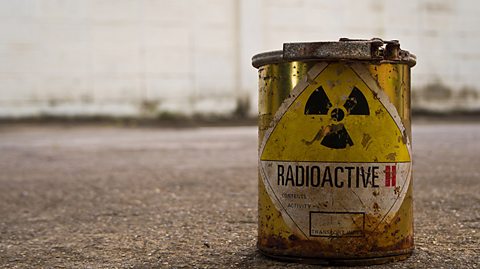
- Guide Number3 Guides

- Guide Number3 Guides
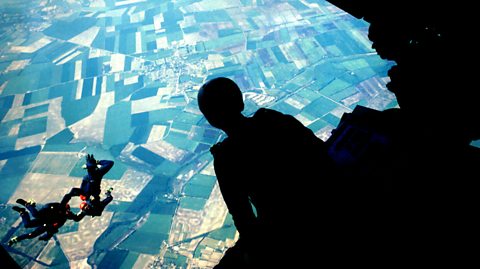
Practical skills for carrying out a scientific investigation
Scientific investigations have several stages - planning, collecting data, analysing data and evaluation. It is important to understand how to carry out each stage of the investigation.

Links
- External linkExternal link
- External linkExternal link
- SubscriptionSubscription
- External linkExternal link
- External linkExternal link
- SubscriptionSubscription
- External linkExternal link
- External linkExternal link
- SubscriptionSubscription